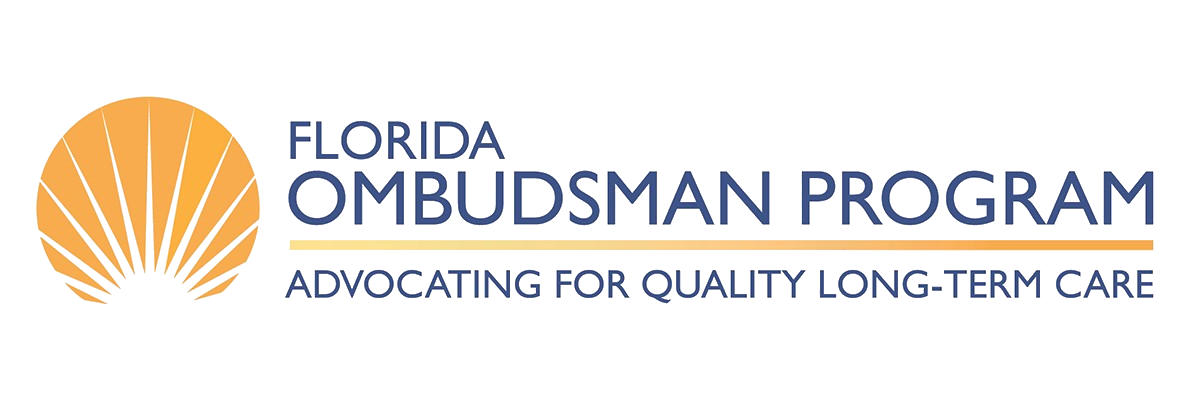Potential Volunteers FAQ

Considering becoming an ombudsman? Below are some of the most frequently asked questions. Click on a question to see the answer.
What exactly is an “ombudsman”?
An ombudsman is a person who investigates and attempts to resolve complaints and problems. Our ombudsmen are advocates for people who live in nursing homes, assisted living facilities and adult family care homes. The vulnerable individuals in these facilities often have no one to speak for them or keep an eye on the level and quality of care they receive. Ombudsmen are there to serve as the voice of a resident when no one else is willing or able.
What sets us apart is that our sole focus is on the resident. Where other groups are bound by regulations, we can get creative. We can be consistent. We can visit as often as we like and build impactful relationships that get real results.
So, ombudsmen are mediators?
Ombudsmen are first and foremost advocates. Ombudsmen are not in place to attempt a compromise between a long-term care facility and a family member, caregiver, guardian or resident. An ombudsman’s job is to be biased in favor of residents, and the ombudsman will do his or her best to resolve a complaint or case to the full satisfaction of the residents involved.
What kind of skills or background should an ombudsman have?
While volunteer ombudsmen come from a variety of backgrounds, the only special requirements are compassion and a willingness to help others. The Ombudsman Program provides the necessary training to becoming an ombudsman. Seasoned ombudsmen as well as District Ombudsman Managers are always available to answer questions and provide assistance.
How much time will I be expected to volunteer monthly?
Ombudsmen are asked to commit to 15-20 hours of ombudsman work per month and to attend the monthly ombudsman council meeting in his or her area.
What training will I need?
After completing the necessary paperwork, potential ombudsmen attend three sessions of classroom training and three sessions of field training. Trainings are usually provided by the District Ombudsman Manager, State Trainer or a seasoned ombudsman volunteer.
Will I have to get a background check?
Yes. In order to ensure the safety of the residents they will work with, all potential ombudsmen must undergo a Level 2 background screening prior to attending training.
Will I be reimbursed for the miles I drive and meals I eat while doing ombudsman work?
As representatives of the State of Florida, ombudsmen receive reimbursement at the current state rate. Ombudsmen also receive reimbursement for meals while doing ombudsman work. The full set of State of Florida policies for reimbursement will be outlined for you during the training process.
Where are the facilities that I will visit? How far will I have to drive?
Only as far as you want. Most ombudsmen prefer to visit facilities close to home, and the Ombudsman Program is able to accommodate this. Sometimes you may be asked to travel a little further, but the decision is ultimately your own.
Where are the monthly meetings located?
Ombudsman council meetings are usually held at the local Ombudsman Program office (when space permits), or at a nearby public venue.
I work at a long-term care facility. Can I still be an ombudsman?
Ombudsman volunteers may not be currently employed by or receiving any form of payment (including retirement benefits) from a long-term care facility in Florida or any other state.
I have a family member in a long-term care facility. Can I still be an ombudsman?
Yes. However, your visits to any facility in which your loved ones reside should remain strictly personal and as a private citizen, not as an ombudsman performing ombudsman advocacy duties.
I work full time. Can I still be an ombudsman?
While many ombudsman volunteers also hold full-time jobs, all volunteers are asked to agree to a minimum of 15-20 hours per month of ombudsman work, including attendance at each monthly council meeting.
How do I apply?
Still have questions? Send us an email.

